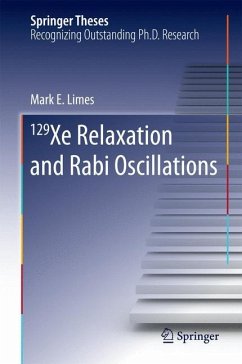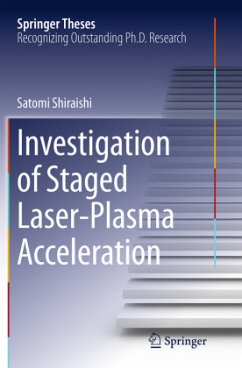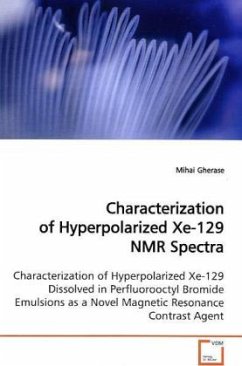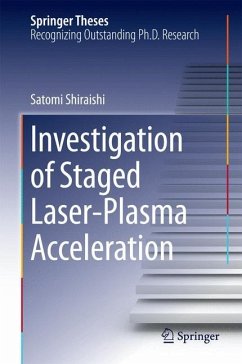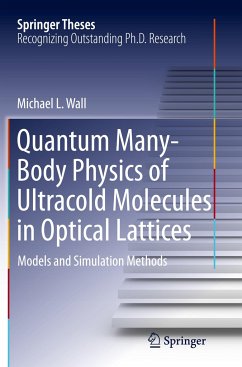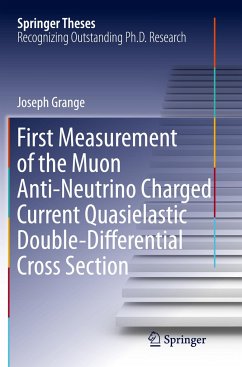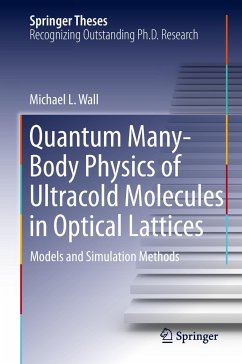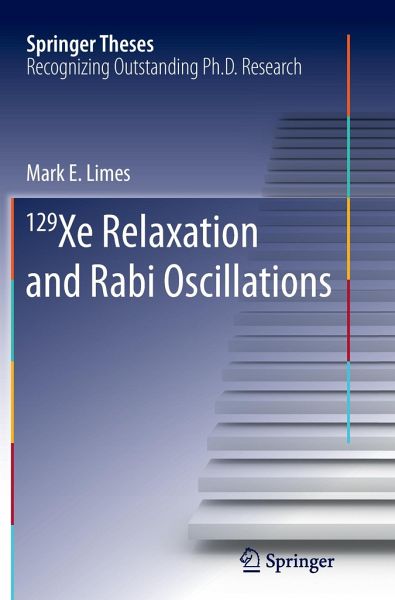
129 Xe Relaxation and Rabi Oscillations
Versandkostenfrei!
Versandfertig in 6-10 Tagen
76,99 €
inkl. MwSt.
Weitere Ausgaben:

PAYBACK Punkte
38 °P sammeln!
This thesis describes longitudinal nuclear relaxation measurements of solid 129Xe near 77 K with previously unattainable reproducibility, and demonstrates differences in relaxation, dependent upon the way in which the solid is condensed. These results are directly applicable to the generation and storage of large quantities of hyperpolarized 129Xe for various applications, such as lung magnetic resonance imaging (MRI). The thesis features a sophisticated theoretical approach to these data sets, including modifications to a well-established Raman-phonon scattering theory that may explain the la...
This thesis describes longitudinal nuclear relaxation measurements of solid 129Xe near 77 K with previously unattainable reproducibility, and demonstrates differences in relaxation, dependent upon the way in which the solid is condensed. These results are directly applicable to the generation and storage of large quantities of hyperpolarized 129Xe for various applications, such as lung magnetic resonance imaging (MRI). The thesis features a sophisticated theoretical approach to these data sets, including modifications to a well-established Raman-phonon scattering theory that may explain the larger scatter in and discrepancies with previous work.





